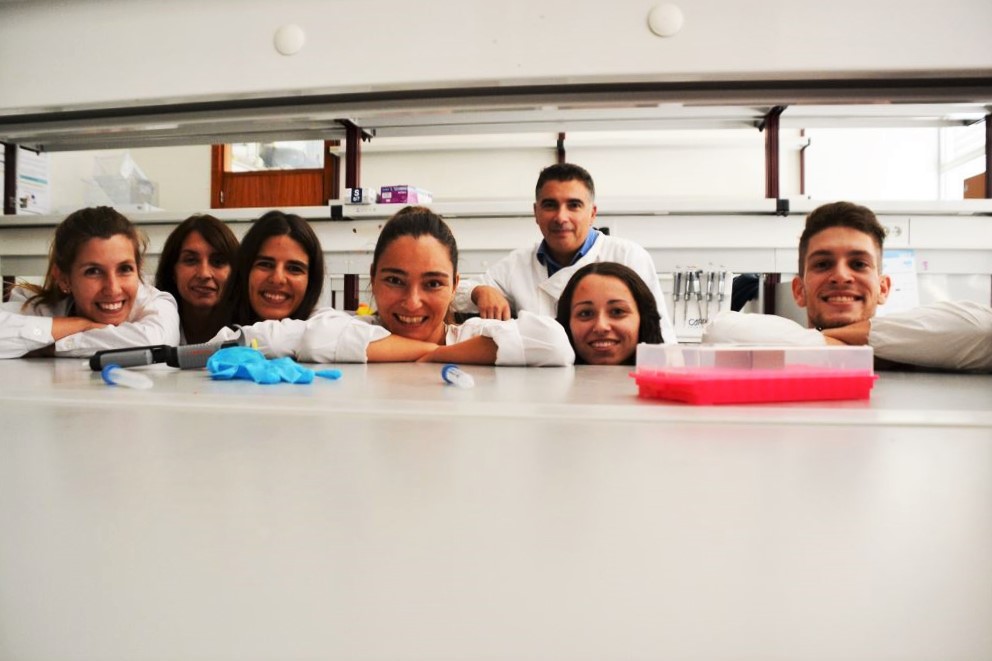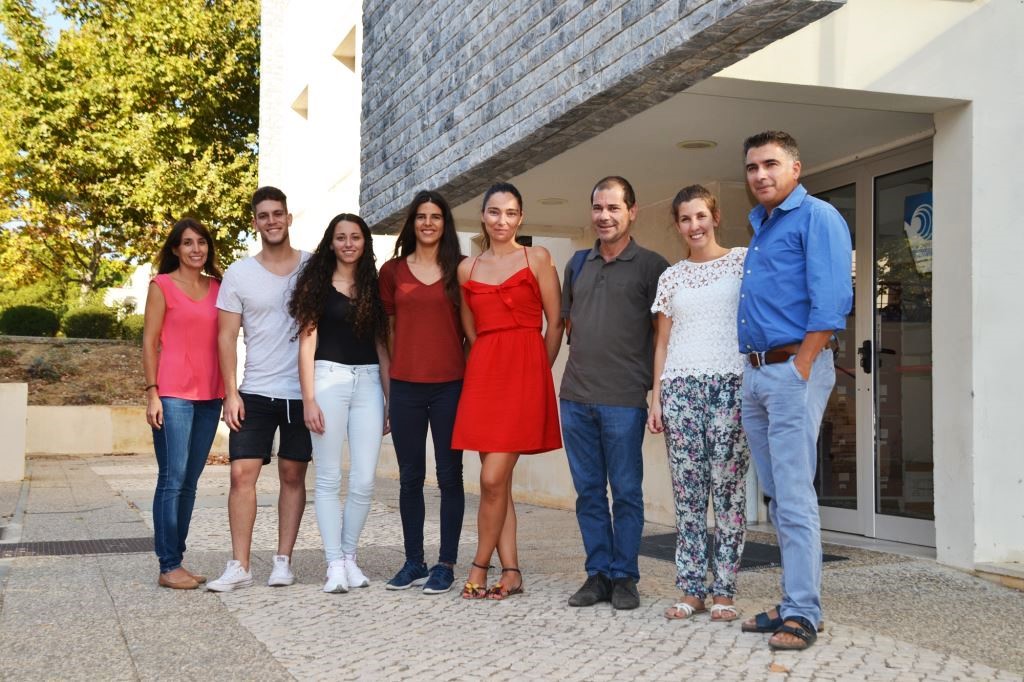 Inês Faleiro and a group of researchers from the Center for Research in Biomedicine (CBMR) of the University of Algarve (UAlg) have just published, in the “Future Oncology” magazine, a scientific article on the discovery of a new biomarker that allows the early detection of cancer of the pancreas.
Inês Faleiro and a group of researchers from the Center for Research in Biomedicine (CBMR) of the University of Algarve (UAlg) have just published, in the “Future Oncology” magazine, a scientific article on the discovery of a new biomarker that allows the early detection of cancer of the pancreas.
According to UAlg, the scientists, led by Pedro Castelo-Branco, “discovered that there is a gene that is involved in the process of development and progression of the disease and that can help in the diagnosis and prognosis of pancreatic cancer, one of the most difficult to detect. ».
«The research, carried out by the Epigenetics and Human Disease group at the CBMR, thus shows that the methylation of THOR, a specific region of the telomerase gene, which has the particularity of being always present. active in cases of cancer, it allows detecting the disease at a stage where it cannot yet be detected by eye when viewed under a microscope,” he adds.
 However, the potential for discovering this new biomarker goes beyond diagnostic possibilities.
However, the potential for discovering this new biomarker goes beyond diagnostic possibilities.
Because, being measurable in terms of percentage, the analysis of THOR methylation levels offers "researchers important prognostic data to understand, in each patient, the stage of evolution of the disease and, even, its degree of aggressiveness" .
"This finding reveals that patients with high levels of THOR methylation have shorter survival times and, conversely, patients with low levels of THOR methylation appear to have better treatment prospects," explains UAlg.
«Since pancreatic cancer is one of the cancers with the highest mortality rate due to late diagnosis, this discovery gains special importance if we think that it can, in the long term and if implemented in the clinical area, contribute to a faster detection of the disease, enabling greater effectiveness in terms of treatment and possibly allowing, in the future, to counteract the disappointing survival rates in this type of cancer», concludes the Algarve Academy.

















Comments